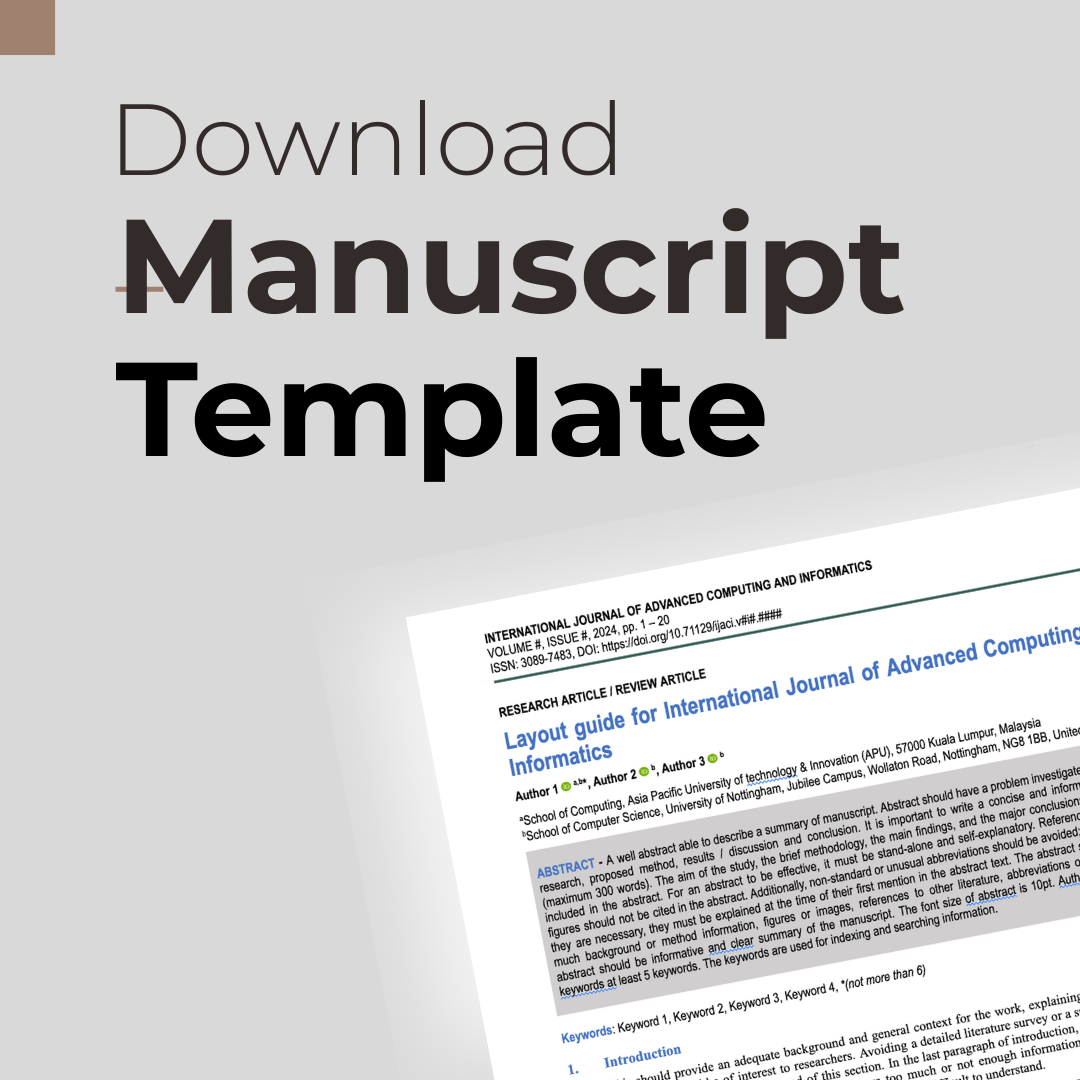Prediction of Alzheimer's Dementia Using Soft Voting Ensemble Learning with Machine Learning
DOI:
https://doi.org/10.71129/ijaci.v1.i1.pp48-55Keywords:
Alzheimer's dementia, classification, Ensemble learning, Random Oversampling, Grid Search hyper tuningAbstract
Alzheimer's dementia (AD) is a degenerative brain disease characterized by a decline in cognitive function and memory. Predicting AD is crucial for preventing the disease from becoming more severe. Machine learning algorithms can aid in the early prediction of AD. The aim of this study is to develop a predictive model with improved accuracy using ensemble learning methods and machine learning algorithms. The experiment used the Oasis Longitudinal dataset from Oasis Brains, which includes details of patients with and without AD. This study proposed a binary classification using an ensemble learning classifier with the soft voting technique, incorporating four ensemble learning algorithms: Extreme Gradient Boosting (XGB), Random Forest (RF), AdaBoost (ADC), and Gradient Boosting (GBC). The proposed method is evaluated based on accuracy, precision, recall, and F1-score of the classification. The experimental results show that the combination of the Random Over Sampling (ROS) resampling method and grid search hyperparameter tuning for the Gradient Boosting algorithm achieved the best results, with an accuracy of 97%.
Downloads
Published
Abstract
-
191 views
PDF Download
- 115 times
Issue
Section
License
Copyright (c) 2025 Edwin Rudini, Ferda Ernawan (Author)

This work is licensed under a Creative Commons Attribution 4.0 International License.







